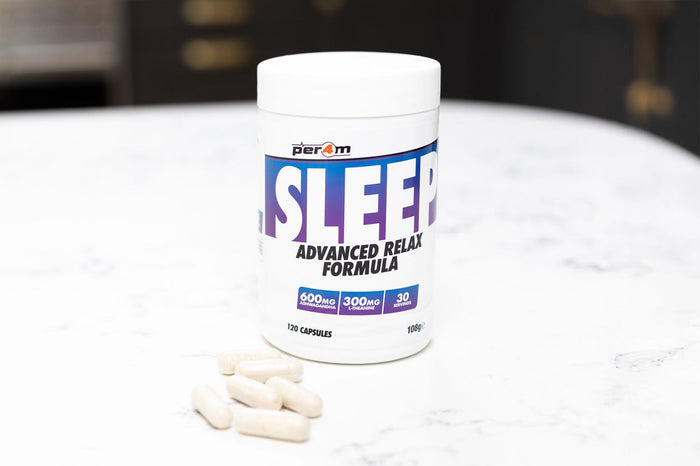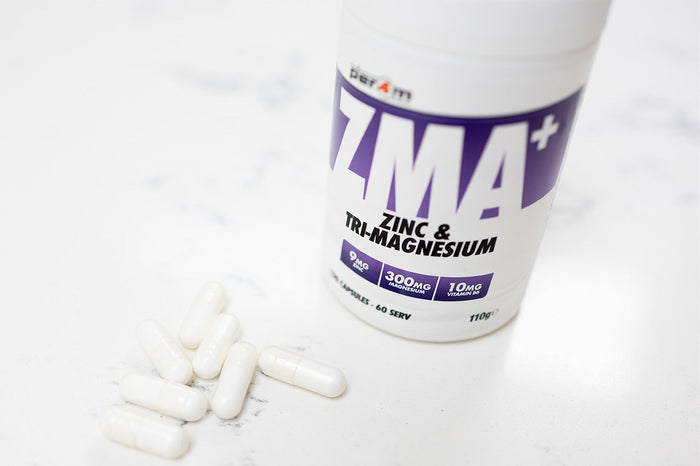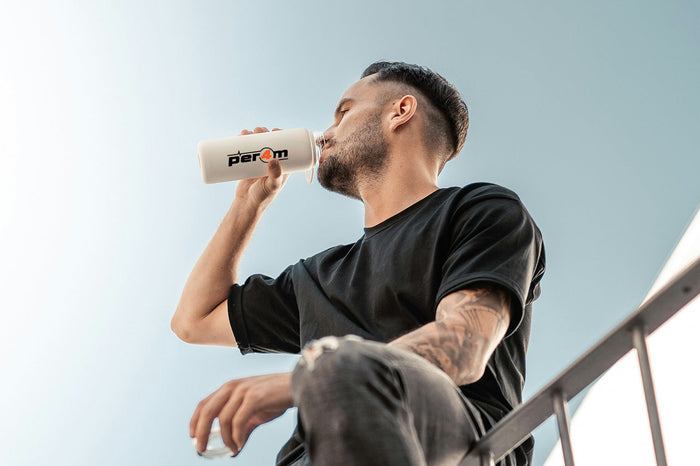Do bodybuilders need more protein?
Protein is essential for the maintenance and growth of tissues, such as muscle. However, there is still much uncertainty about the protein requirements of different populations.
This study assessed the protein of bodybuilders based on the Indicator Amino Acid Oxidation (IAAO) technique.
Eight bodybuilders participated in the study. Each subject was tested on different days with different protein intakes. Breath samples were collected to determine if the ingested protein was oxidized (used as an energy source) or for protein synthesis (used as building blocks for tissues).
The average protein requirement (EAR) of these bodybuilders was 1.7 g/kg/d. The recommended daily allowance (RDA: includes a safety margin on top of the RDA) was 2.2 g/kg/d.
Previous work with this method has established that the protein requirement of healthy young (untrained) men is 0.93 g/kg/d and the RDA is 1.1 g/kg/d.
These protein requirements are higher than those obtained with some other methods. While all methods have limitations, these data suggest that:
- Protein requirements may be higher than previously thought
- Protein requirements are higher in bodybuilders when compared to untrained men, even when taking body weight or lean body mass into account
In conclusion, protein requirement of bodybuilders on non-training days ranges between 1.7-2.2 g/kg/d, which is considerably higher than that of untrained men.
Author:
Jorn Trommelen. Jorn earned his MSc in Nutrition and Health with top honors at Wageningen University & Research Centre. He then obtained his PhD in Muscle Metabolism at Maastricht University, at one of the leading laboratories in that field. He now works at Maastricht University as Assistant Professor.
The views and opinions in the article are those of the author and do not necessarily reflect those of the brand, or deemed as an endorsement of the PER4M brand or products by the author.




